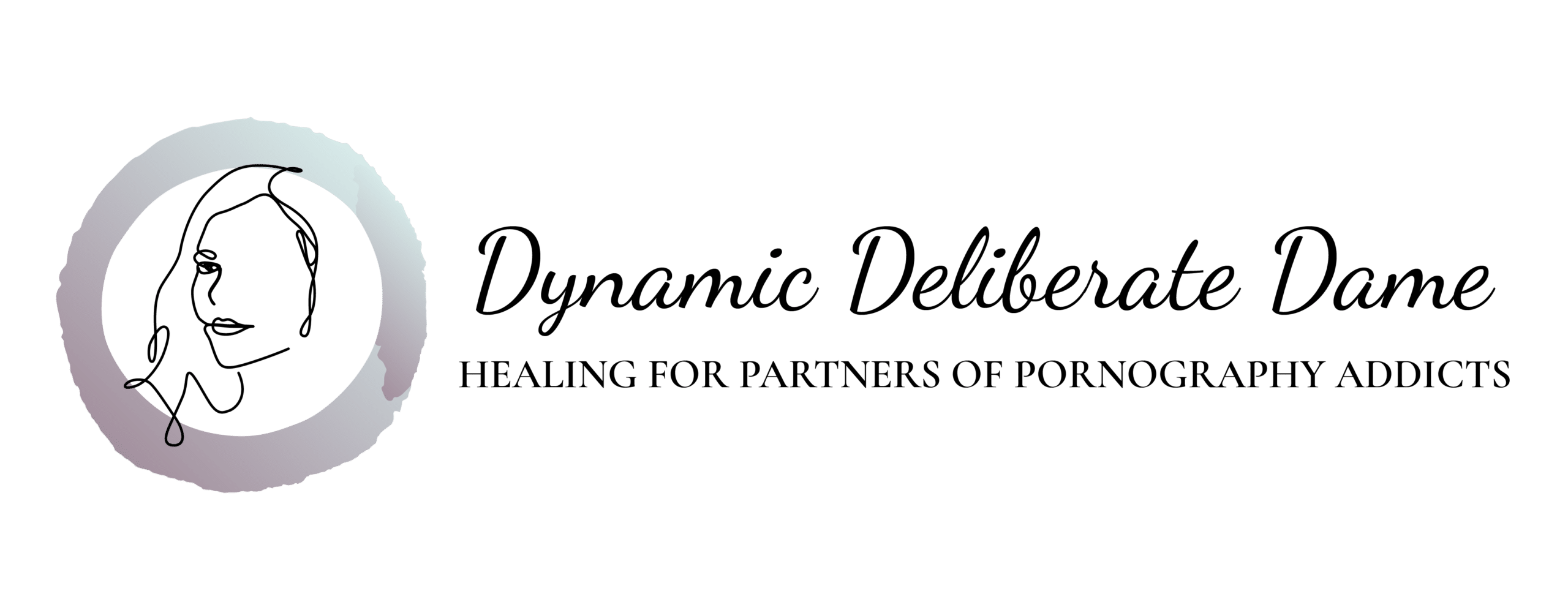Start a Journaling Practice to Heal
March 05, 2022
Journaling is a great way to check in with yourself on a regular basis. A consistent journaling practice will capture your full range of thoughts and experiences from the good to the bad and everything in-between. Through journaling you can tap into how you feel, how to solve a problem that you are facing, or how to rebuild trust in your intuition. As a partner, you often face difficult emotions and thoughts about his compulsive porn use and how it has impacted you. Journaling is one way to help relieve some of the stress and allow you to provide space between yourself and his behaviors.
After discovery, you face so many questions and negative emotions. Journaling allows you to move the things that are running through your mind to paper where you can process and work through them in an organized way. When you are dealing with a negative experience, it’s difficult to see or feel anything else. Journaling about the experience later, after you have had time to let the negative emotions subside, can help you see aspects of the experience that weren’t apparent in the moment.
Journaling can take on many forms. In addition to journaling about your thoughts and feelings, you could choose to make a gratitude list or other types of lists, write letters to yourself or others, do a brain dump to capture everything that is on your mind at the moment, draft a poem, plan out projects or even draw. If freeform journaling isn’t for you, consider using journal prompts to guide your journaling practice. You can download a free 14 day journal here.
Consider these steps as you implement a journaling practice:
- Identify a time during your daily schedule when you can journal. Some people journal on the train during their commute, others journal when they wake up or during their morning coffee, some journal while they are waiting in the carpool line, and others prefer to journal in the evening.
- Gather supplies like a pretty journal or notebook and a nice pen.
- Keep your journaling supplies in a convenient place where you will see them and be reminded to journal and where you can always find them easily.
- Remember, journaling is meant to help decrease your stress. You can’t do it wrong so don’t pressure yourself and don’t get discouraged if you don’t journal every day.
- Try not to overthink it or procrastinate – just get started.
- Make the process enjoyable and therapeutic. Journal in a nurturing environment. Yours may be a comfortable space with candles and soft music.
- Limit distractions so you can give your full attention to the journaling process.
- Make changes to your journaling practice as needed. Review the different types of journaling techniques and the steps above. This is your practice so make sure it fits your needs.
When negative emotions come up
At times, journaling might be difficult due to the nature of what you are writing about and that’s okay. You can stop writing if the emotions become too strong. It could be helpful to share your experience with a therapist. If you are currently seeing a therapist you can talk with them before starting a journal practice and possibly incorporate your journal entries into therapy as needed.
Journaling to heal
When you journal your thoughts, you create an opportunity to refer back to them at a later time. You can see how you have worked through challenges, developed resilience, and grown as a result. Often, you will have a new level of understanding as time passes and you can reframe your experiences moving them from negative to neutral or even positive. You’ll also explore your ideas, memories, and accomplishments which can provide valuable insight into your own personal beliefs and opinions.
Journaling can help heal your trauma wounds brings you peace of mind. Writing about difficult experiences can help you process the trauma so you stop reacting to it and begin to make sense of what happened. Once you have processed your past experiences, you can move into journaling about the present. What is happening in each area of your life and does it match what you want to be experiencing in each of those areas? Having this assessment in your journal allows you to set priorities and define actions steps that align with the life you want.
In addition to relieving stress in general, there are many other benefits to journaling. It can help you prioritize the things that are most important to you and help you focus on the things that are within your control so you don’t waste time and energy. Journaling helps you slow down and stay present amidst the chaos in your life. It’s a safe place to express your true feelings without being judged.

Setting aside time for your journaling practice creates time and space for you to focus on things that might otherwise get lost in the day-to-day. In the moment, you are able to quiet the noise and chaos in the world around you and connect with your thought, feelings, and your life dreams.
